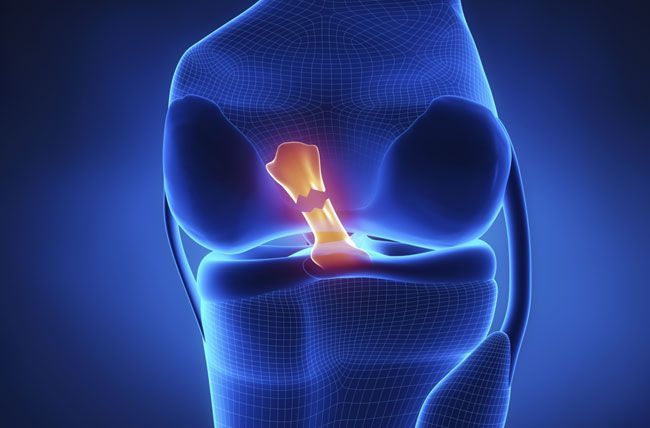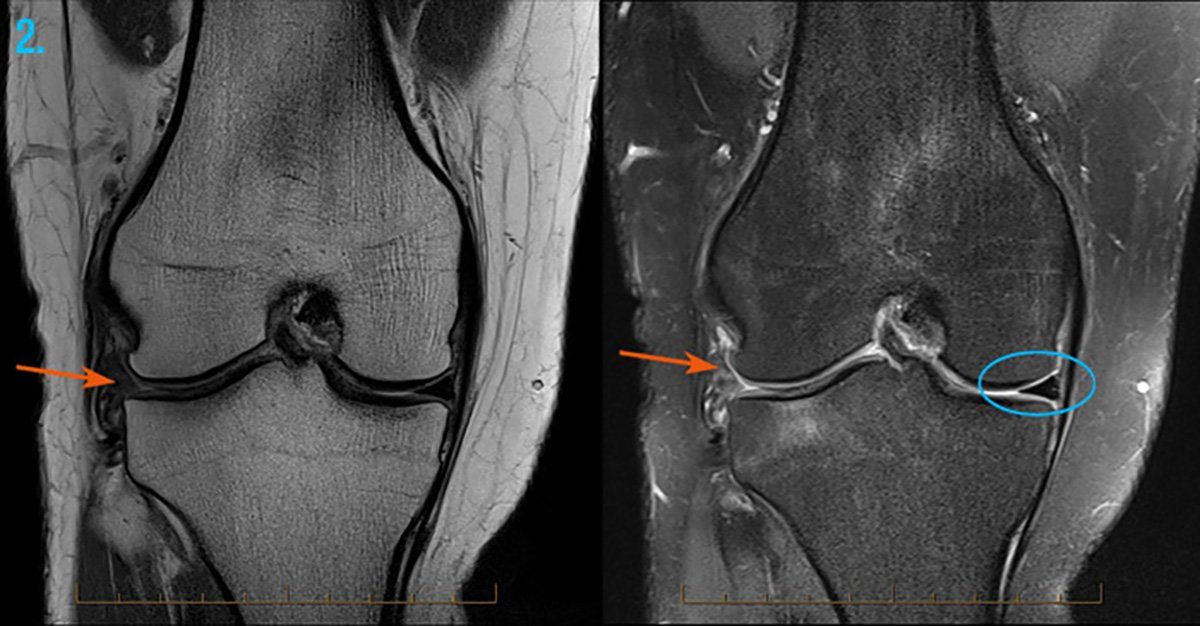Probiotics and Prebiotics. What You Need to Know.
Probiotics and Prebiotics
Lately, it seems like everyone is talking about gut health – and with good reason.
A healthy gut is important for effective digestion, a strong immune system, cognitive function and mood – it is even thought to be effective at preventing and managing chronic diseases.
The best way to promote a healthy gut is to eat a diet rich in fibre with plenty of prebiotic and probiotic foods. Getting enough probiotics and prebiotics in your diet ensures a healthy balance of the good and bad bacteria in your gut – impacting much more than just your digestion.
Probiotics are live bacterial cultures, which when consumed with a healthy diet can help restore and support a healthy gut. They are particularly beneficial if gut health has been compromised. Although people often choose to consume probiotics in the form of a supplement, they occur naturally in foods too.
Some of the best probiotic foods include:
- Yoghurt: Not all yoghurt on the supermarket shelves contain probiotics so if you’re looking to improve your gut health, make sure you check the label. Avoid sweetened varieties as we know refined sugar can destroy the good gut bacteria
- Sauerkraut: AKA fermented cabbage, is arguably the healthiest food there is for your gut. Choose those in the refrigerated section to ensure more live probiotics
- Tempeh: A plant-based protein food made from fermented soybeans is jam packed with good bacteria. This probiotic food doubles as a great source of protein, iron, magnesium and calcium
- Miso: A popular flavouring made from fermented soybean paste used in Japanese and Chinese cuisine . As well as being packed with millions of beneficial bacteria for your gut miso is a rich source of protein, essential minerals and vitamins. Avoid boiling to maximise its gut health benefits
- Kombucha: A mildly fizzy, flavoured drink taking over shelves at cafes and health food stores is made by fermenting brewed tea. A great alternative to soft-drinks and sweetened fruit juices however more research is needed to show whether the number of probiotics produced translates to a gut health benefit
As there is no way to know the exact quantities of these probiotic rich foods to include in your diet – adding a variety daily is recommended.
You may choose to take probiotics in supplement form when therapeutic doses are required and particular strains may have a beneficial effect on conditions such as irritable bowel syndrome, diarrhoea, allergies, colds and more.
What about prebiotics?
Probiotics and prebiotics work together and while they sound similar, they play very different roles in gut health.
Prebiotics are fermentable fibres found in plant foods that end up the food source for the growth of good bacteria in our gut – they feed probiotics. The health-promoting benefits of probiotics are transient unless you keep feeding them.
Some of the best prebiotic foods to include in your diet are:
- Oats: A versatile wholegrain with prebiotic benefits. Oats contain large amounts of beta-glucan fibre, as well as some resistant starch and are particularly suited to breakfast – porridge, muesli or added to smoothies
- Onion: Nutrient-dense and rich in prebiotics and antioxidants, onions aid digestion and strengthen gut health. To boost their prebiotic benefits, eat onions raw and avoid over peeling them as most of the flavonoids are contained in the outermost layers
- Garlic: Loaded with nutrients including manganese, Vitamin B6, Vitamin C and selenium as well as containing almost 20% fibre by weight, garlic is a versatile prebiotic food. There are several healthy ways to add garlic to your diet – stir-fries, pasta sauces, curries and dips
- Bananas: High in fibre, vitamins, and minerals – slightly unripe bananas have particularly powerful prebiotic effects
- Chicory Root: Available in supplement form and commonly used as a coffee replacement, chicory root is one of the best prebiotics around. You may have even eaten it without knowing as it is commonly used as a food additive
- Legumes: Beans, peas, lentils and soybeans – legumes contain the prebiotic galacto-oligosaccharides (GOS) and resistant starch. Cooking legumes with spices such as fennel, ginger and cumin can help minimise flatulence and bloating
- Jerusalem artichoke: Rich in potassium, thiamine and fibre, Jerusalem artichoke they can be prepared similarly to a potato – boiled, sautéed or roasted. Despite its name, the Jerusalem artichoke is unrelated to the globe artichoke
Every meal you eat can make a difference – research has shown that within days of eating a diet rich in probiotics and prebiotic foods our gut bacteria transforms, becoming more balanced and diverse.





















